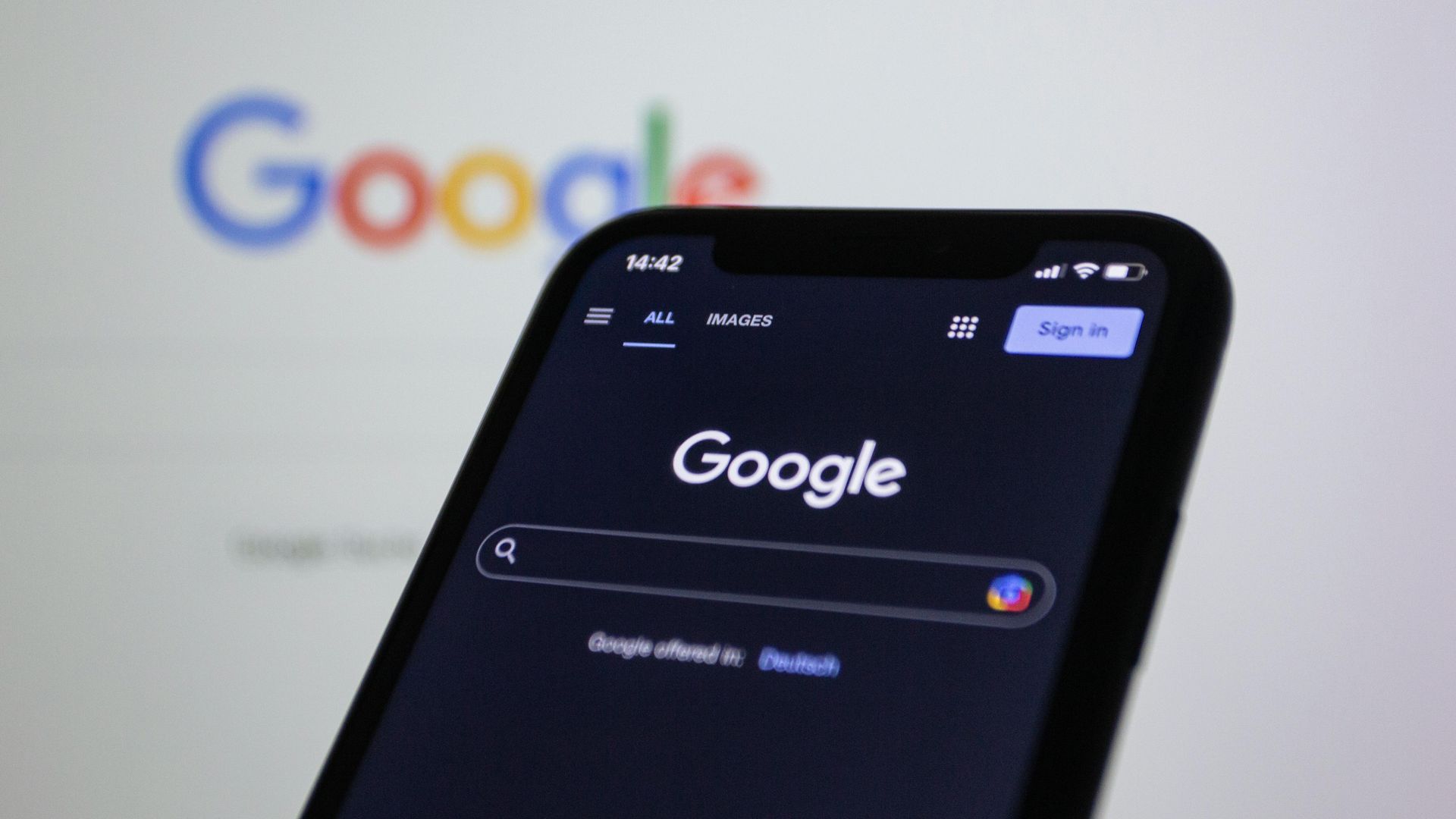Psychology Digital Marketing Tips that will Help Your Business Thrive

When it comes down to it, all digital marketing uses psychological techniques to persuade customers to listen to the call-to-action at hand.
But how are they using psychology with digital marketing? Here are some simple yet effective psychology tips to use with digital marketing that could get you more sales and sign-ups:
1. What’s The Price?
When it comes to menus, or advertising a price online, it can seem obvious that a dollar sign should be in the picture. However, the Culinary Institute of America conducted a study where they presented menus with pricing in three forms: prices with the dollar sign, prices with no dollar signs and only numbers, and menus with the prices spelled out. The study found that there was no difference in sales when the dollar sign was used or if the price was spelled out, but sales increased when menus eliminated the dollar sign altogether. So, when you remove the dollar sign from any menu or price list, you’re no longer giving the customer that shock of how much money they’ll be parting with for the services you provide.
2. Be Honest and Transparent
It’s important to always focus on the positives of your business by sharing good reviews and happy customer stories, but when a bad review comes about, you have an even better chance to show your good side. If a customer had a negative experience, you can still take the opportunity to share with the client and those watching online how you handled the situation, and how you’re willing to take the extra step in the future to make your customers happy.
3. Utilizing the Commitment and Consistency Theory
With your digital marketing, customers should always see an action and know what their next steps are. Whether it’s a “buy now” button on your website or a “sign-up now” pop up for your newsletter. Some actions take more commitment than others though, but if you’re able to get, for example, a name and email from a customer, you’re closer than ever to closing a sale with that same customer. By giving small commitments, like signing up for a newsletter or following a business online, the bigger commitments like making a purchase or scheduling an appointment won’t seem that big to the customer. Take Warby Parker for example, they offer the “small commitment” where customers can do an at-home try-on before actually purchasing their glasses.
4. Reciprocity
Have you ever gotten a free sample of something? Did you buy the product after enjoying the sample? Maybe it wasn’t even a sample of a product but just information in general. SkinCity, a company selling skin care products, offers a test on their website so customers can find their perfect match. It gives customers the information they need so they feel confident when making their purchase. If you’re able to give your customers something, like a free sample, free website analysis, even just plain kindness and gratitude, they’ll feel the need to reciprocate the love and will be more likely to purchase your product or service.
5. Scarcity
Have you ever gone on Amazon and looked at a product you were interested in, but there was a little message saying there was only one left in stock? This little tip of persuasion helps customers step out of their comfortable buying process and make a fast reaction to grab what's left. Not only does this push people to grab the last bit of stock, but it also shows your credibility as other people are buying it too. By combining the unique qualities of the product, and what they stand to lose if they don’t purchase ASAP, you’re bound to make the sale.
Share this blog!




